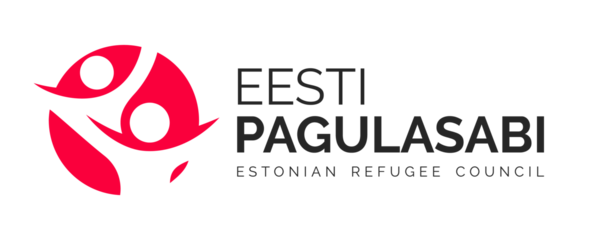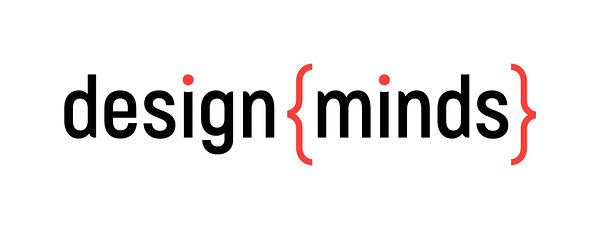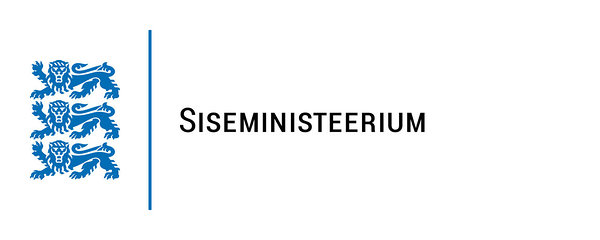The program is a unique opportunity to design a new cultural service for third-country residents living in Estonia!
In the training and mentoring program, you will find out:
+ What is co-creation+ What is service design and how it contributes to the development of human-centered services
+ How to manage co-creation
+ How to conduct simple design studies
+ How to design and prototype new service
+ How to design a business model
+ How immigration and cultural integration works
+ How cultural institutions can support the adaptation process
Co-creation and service design are approaches that are increasingly being used to plan and deliver innovative services. Co-creation is a process where the design of services is carried out in cooperation with the service provider (cultural institution) and the target group (customer) of the service.
Co-creation and service design offers an opportunity to see from a different perspective the challenges involved in planning and developing the service, enabling you to understand better what is happening in using the service and how the customer perceives and experiences it. Co-creation here means that different stages of service development are discussed and planned in the workshops. Between workshops, the participants are engaging in practical home assignement that is needed to develop the service.
The workshops also include stages of sharing experiences and intermediate outcomes that encourage learning from others' experiences. The whole program is very active in nature and requires the active involvement of the participants.
As a result of the training program, a service concept will be developed, the performance of which will then be tested in the following mentoring program.
The program consists of two parts. Between the 4-day intensive training program and training days, a service concept will develop. After training, there will be a six-month mentor program, which selects the six best cultural institutions participating in the program. In the mentor program, experienced mentors will help the teams to pilot and test the service concept on real users.
The cultural institutions that have reached the mentor program will be given 4000 euros for development costs and 50 hours of mentoring to pilot the service.
Who is welcome to participate?
A prerequisite for participating in the program is that the cultural institution is motivated to provide the service in cooperation with the target group. For the training program, we welcome to participate leaders and employees of cultural institutions responsible for the development and provision of cultural services. It is also advisable to involve a representative of the target group (eg a refugee support person), whom we will help the cultural institutions to find in cooperation with Refugee Aid. For the training program, there will be a selection of twelve teams across Estonia.
It is important to keep in mind that the service designed during the program is aimed at third-country nationals living in Estonia. There are several levels to the multicultural accessibility of cultural institutions.
✓ The simplest is translation: brochures, explanatory texts, etc. make the first contact easier.
✓ The second level is direct oral contact with a person: communication in his / her mother tongue, clarification, the ability to ask questions, etc.
✓ The third level is active participation in the service, i.e. people with different backgrounds can contribute and shape the activities of cultural institutions. Some examples are: TARTU INTERNATIONAL HOUSE and ERM joint exhibition made by people who have come to Estonia from other countries and decided to create a home here; Good Chance Theater at Calais Refugee Center or Kitchen on the Run.
The aim of the training and mentoring program is to help Estonian cultural institutions develop and provide cultural services to third-country nationals living in Estonia
The program will support the practical use of user-centered service design principles and skills for cultural institutions, and the skillful and targeted development of cultural services. Additionally, the participants will learn the integration knowledge required for the service design.
Methodology of the training program
We have based our program on the "learning by doing" method, to
acquire the design and service design tools the participants must first use
them in practice. The best way to learn is when theory and practice are
consistent and when learning happens voluntarily. In our program, the theory
will take up 25% and the practical use of design tools 75% of the time.
The methodology of the program is developed by the NGO Social Innovation Laboratory (Si-Lab). Si-Lab is a social enterprise with the aim of developing and implementing co-creation, design thinking and social entrepreneurship in the solving of communal and social problems.
The program is run by Rasmus Pedanik, Jane Oblikas, Eero Janson and Evelin Kostabi
The program will be carried out in cooperation between Designminds OÜ, NGO Social Innovation Lab and NGO Eesti Pagulasabi.
The AMIF2018-13 Project "Service Design and Mentoring Program for Cultural Institutions" is co-funded by the European Union through the Asylum, Migration and Integration Fund and the Ministry of the Interior.






